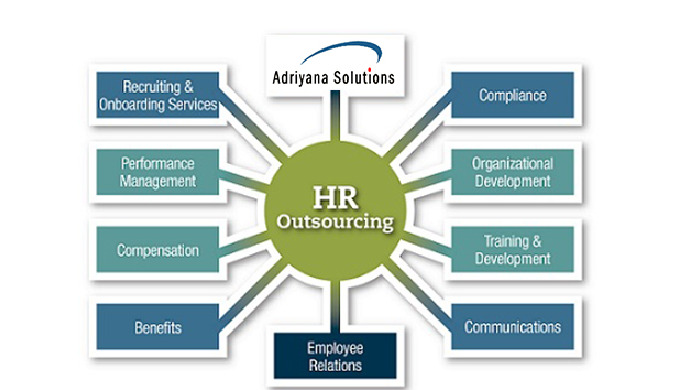1. Understanding the Importance of a Cost-Effective HR Team
A Human Resources (HR) team plays a pivotal role in an organization, handling everything from recruitment and talent management to employee relations and compliance. However, with businesses constantly looking for ways to optimize costs, maintaining an HR team that provides value while staying within budget is crucial. A cost-effective hr team doesn’t mean sacrificing quality or efficiency but involves strategically utilizing resources to maximize impact. By investing in the right technologies, implementing smart processes, and prioritizing the most crucial functions, businesses can create an HR department that drives success without excessive overhead costs.
2. Leveraging Technology for Efficient HR Operations
One of the most effective ways to reduce HR costs is by embracing technology. HR software solutions, like applicant tracking systems (ATS), employee management systems (HRMS), and payroll software, can automate time-consuming processes such as recruitment, onboarding, payroll management, and performance evaluations. These systems not only save time but also minimize human error, increase accuracy, and enhance overall productivity. Moreover, cloud-based HR tools enable remote work and provide accessibility across multiple locations, further reducing operational costs associated with traditional office setups.
3. Optimizing HR Roles and Responsibilities
To ensure an HR team remains cost-effective, businesses must carefully define roles and responsibilities within the department. By avoiding duplication of efforts and streamlining processes, HR professionals can focus on areas that directly contribute to business growth, such as employee development, performance management, and strategic recruitment. Instead of hiring a large team with overlapping skills, organizations can optimize the existing workforce by cross-training employees, ensuring each team member has a diverse skill set. For example, a single HR professional can manage recruitment, employee engagement, and training, rather than assigning separate teams for each function, resulting in significant savings.
4. Fostering a Culture of Employee Engagement and Retention
While hiring new employees is essential, retaining top talent is equally important when aiming for a cost-effective HR team. The cost of turnover can be significant, including recruiting, onboarding, and training new employees. A focus on employee engagement and retention can significantly reduce these costs. HR teams can develop programs that promote a positive workplace culture, such as employee recognition, professional development opportunities, and open communication channels. By investing in employees’ growth and satisfaction, companies can maintain a highly motivated workforce, reduce turnover rates, and ultimately save on recruitment and training costs in the long term.

